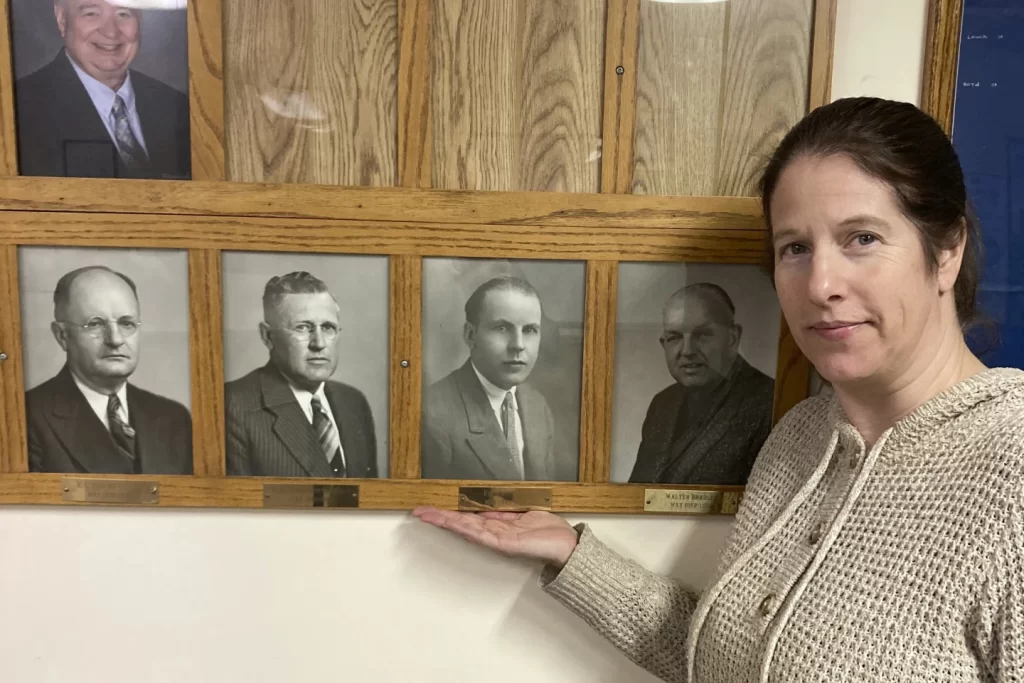
For more than a century, Fort Benning’s name honored a Confederate general who supported slavery. The military changed the name of the Army base in Georgia two years ago, but now the Trump administration is set on restoring the familiar one — this time for a different Benning.
The new namesake is Fred Benning, a Nebraska native awarded the military’s second-highest honor for his battlefield courage as an 18-year-old corporal in 1918, near the end of World War I. The military noted that he later served as mayor of the small Nebraska town of Neligh, but it did not mention that he ran a bakery, opted to have his Distinguished Service Cross mailed to him rather than presented at a military ceremony and didn’t discuss his wartime experiences once home. He died in 1974.
Federal law now bars the military from returning to honoring Confederates, but the move restores a name known by generations of soldiers. Honoring a soldier from the Army’s lower ranks echoes President Donald Trump’s anti-elite appeals to working-class voters. Still, the circumstances of the change — and a similar one for North Carolina’s once-and-future Fort Bragg — have skeptics wondering whether their new namesakes are receiving much of an honor.
But Fred Benning deserves recognition, said Andrew Orr, a professor and director of the Institute for Military History at Kansas State University. Benning was part of American assaults on the toughest German defenses by soldiers who fought to take trenches and to hold them, often hand-to-hand and under clouds of poison gas, he said.
“If you’re the town that Benning was the mayor of, claim it,” Orr said in an interview Thursday. “What you can do is try and fight back against the stealing of his name by emphasizing this guy earned it.”
Renaming bases, again
The military renamed Forts Benning and Bragg, both established in 1918, as part of a broader effort by Congress to strip the names of Civil War rebels from military posts, roads, buildings and landmarks following protests over the May 2020 police killing of George Floyd in Minneapolis. Trump, then nearing the end of his first term, opposed renaming the military bases.
In 2023, the base named for Brig. Gen. Henry L. Benning became Fort Moore to honor the late Lt. Gen. Hal Moore and his wife, Julia, for his storied military service and her advocacy for notifying families of war casualties in person rather than by telegram. The base named for Confederate Gen. Braxton Bragg became Fort Liberty and is now renamed for Army Pfc. Roland L. Bragg, a World War II paratrooper from Maine.
Defense Secretary Pete Hegseth said last month that reverting to the previous names was about “connection to the community,” and that 2023 changes eroded the bases’ legacies.




